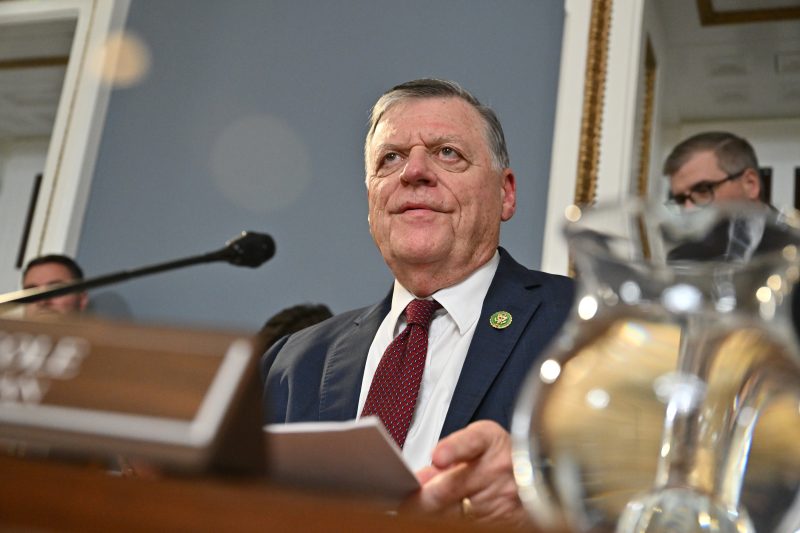The Establishment Wins: Primary Voters Keep Backing Incumbents
The recent primary elections have once again shown the resilience of established incumbents in securing their positions of power within the political sphere. Despite waves of anti-establishment sentiment in recent years, primary voters have consistently opted for the familiar faces of incumbents over the promise of fresh perspectives from newcomers.
This trend can be attributed to several key factors. First and foremost, there is a sense of stability and predictability that comes with re-electing an incumbent. Voters are often more comfortable with individuals who have already proven themselves in their roles and have experience in navigating the complexities of governance. In a time of uncertainty, incumbents can offer a sense of continuity and reliability that resonates with voters.
Furthermore, the power of name recognition cannot be overlooked. Incumbents have had the opportunity to build their public profiles over time, making them more recognizable and familiar to voters. This can give them a significant advantage over lesser-known challengers who may struggle to break through the noise of a crowded political landscape.
Additionally, incumbents often have access to greater resources and support networks than their challengers. They may have established relationships with donors, political organizations, and party leaders that can help them fund their campaigns and mobilize voters. This financial and organizational advantage can be a significant factor in swaying primary elections in favor of the incumbent.
Moreover, incumbents often benefit from the endorsement of influential figures within their party or community. These endorsements can lend credibility to their campaigns and signal to voters that they have the support of respected leaders and institutions. In a crowded field of candidates, this seal of approval can help incumbents stand out and secure the votes needed for re-election.
Despite the advantages that come with being an incumbent, it is important to recognize that primary voters are not simply voting for familiarity or continuity. Ultimately, they are looking for candidates who can address their concerns and represent their interests effectively. Incumbents who have lost touch with their constituents or failed to deliver on their promises may still face challenges from up-and-coming challengers who offer a compelling alternative.
In conclusion, while the success of incumbents in primary elections may reflect a preference for stability and experience, it is not a guarantee of continued success. Challengers who can effectively communicate their vision, mobilize support, and connect with voters on a personal level still have the potential to shake up the status quo and bring fresh perspectives to the political arena. The dynamics of primary elections will continue to evolve as voters weigh the benefits of continuity against the desire for change and innovation in their representation.


























